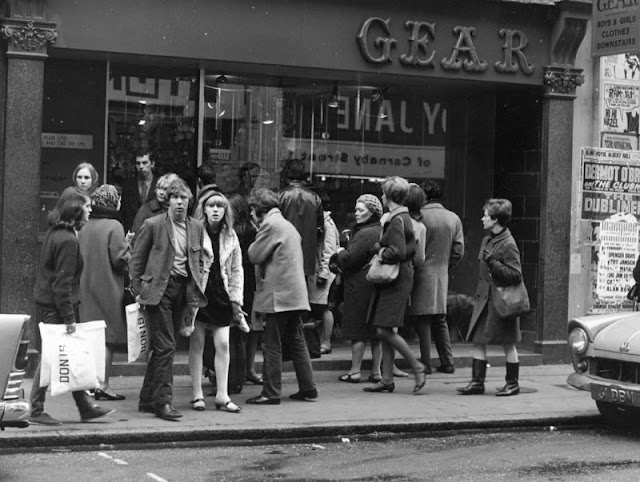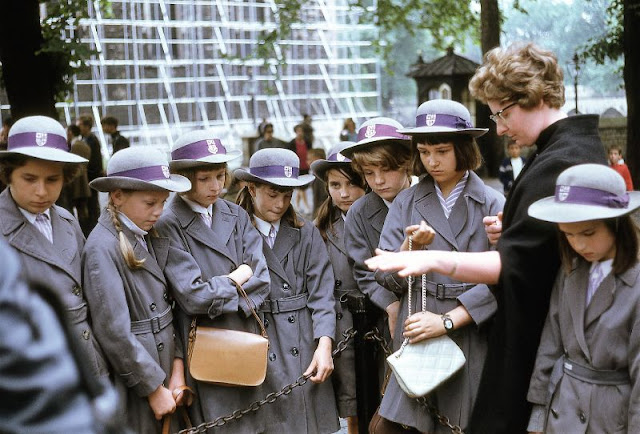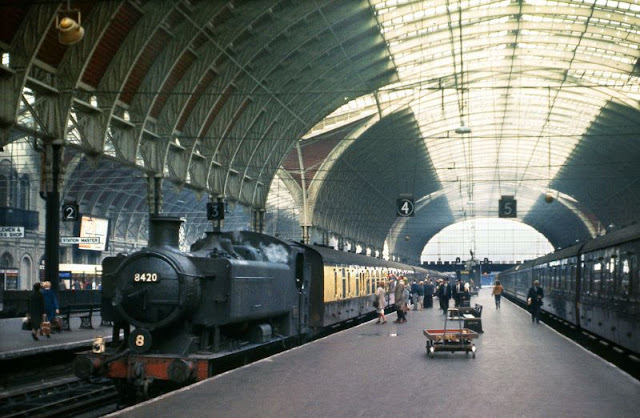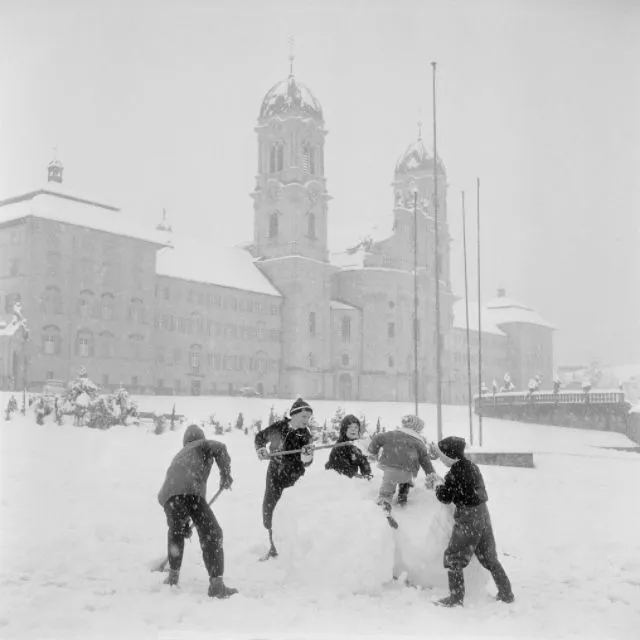During the eventful year of 1973, events were converging in Los Angeles. The result of this would be the formation of an iconic “drinking club” forever known as The Hollywood Vampires. This group of musicians created the club for the singular purpose of spending time with each other and consuming copious amounts of alcohol in the process. However, as will soon be told, the real reason the Vampires were created, was to play softball.
The Hollywood Vampires charter members were musicians, Alice Cooper and Micky Dolenz. They were soon joined by John Lennon and singer-songwriter Harry Nilsson. Nilsson and Lennon at this point were close friends and about to start raising hell in Los Angeles during Lennon’s legendary “Lost Weekend,” which began in the summer of 1973 and lasted thru early 1975. It marked the separation between Lennon and Yoko Ono.
The convergence of Lennon, Nilsson, Cooper, and Dolenz in 1973 would result in many drunken nights. It was also the genesis for films, multiple albums, and songs. Most importantly, John Lennon’s underappreciated 1974 album Walls and Bridges emerged from this haze. What did it take to join the club, besides a death wish and an inexhaustible bar tab? Here’s Alice to explain it all…
“The original Hollywood Vampires was a drinking club, a last-man-standing kinda thing. You’d go over to the Rainbow Bar & Grill in Hollywood every night and there would be myself, Mickey Dolenz from The Monkees, [Elton John co-writer] Bernie Taupin, Keith Moon and Harry Nilsson. If John Lennon was in town, he’d always be hanging out with Harry, so he’d come by too. Everything became an argument: if John said white, Harry would say black; if John said Republican, Harry would say Democrat. I was the guy in the middle, trying to referee these ridiculous arguments they would have. People started calling us the Hollywood Vampires because we’d never see daylight. We figured instead of drinking the blood of the vein, we were drinking the blood of the vine.
“People might have started off in other places and then showed up later, but the Rainbow was the place where everybody would end up, so eventually they just gave us a room to ourselves because people were hassling us at the bar. All the guys who came in who were in bands got taken up to the loft, and they called that the ‘lair of the Hollywood Vampires’. If you go to the Rainbow now, the plaque is still there. As far as new members went, we knew who the big drinkers were, especially Keith Moon. We’d go there every night and get a headstart, because we wanted to see what Keith was going to turn up wearing. He would go to the costume shops around town and literally arrive dressed as the Queen of England. Then, maybe two nights later, he’d come in as Hitler, or wearing a French maid’s outfit. We’d all sit around and laugh at him, but then you think, ‘Well, this guy’s the best drummer in the world. He’s allowed to do that…’”
“The British, for some reason, can handle alcohol far better than Americans can. I was a sipper, so I could usually last a long time just sipping whiskey, but some of those guys were pounding it down pretty good, and I don’t know how they did it. I was amazed that Keith Moon could drink as much as he did and still play a show the next day! I’d known The Who from my Detroit days, and I also spent a lot of time with the Small Faces there. People always talk about Led Zeppelin as the guys who destroyed hotel rooms, but nobody was better at it than the Small Faces. Those guys were the heavyweight champions. Keith was a room-destroyer too, of course, but the Small Faces really turned it into an artform. There was a point where they were banned from most of the hotels in Detroit.
“We also had a Hollywood Vampires softball team. Most of the guys in the drinking club were not on the team – John Lennon, Harry Nilsson and Keith Moon would never play baseball. But myself, the comedian Albert Brooks, Mickey Dolenz and some of the other Monkees, we’d get up on Sunday and play against some of the other teams around town, like the Happy Days team. It sounds ridiculous, but we actually practiced, and we were pretty good! [Actor] Albert Brooks was our home-run hitter. He was the guy who, whenever a ball got thrown, he’d knock it out of the park every time.”
“Jimi Hendrix and Jim Morrison, those guys were a different breed. They were the generation before us, so they were kind of like our big brothers. When I first came to LA, the very first band I ran into was The Doors, who took us under their wing and let us sit in on their recording sessions, so I ended up drinking with Jim a lot of the time. Same with Jimi Hendrix – the first time I was in a room with Jimi, he handed me a joint, and that was the first time I ever smoked marijuana! Even though they weren’t around for the Vampires, we put the two Jims on the record as honorary members. They taught us how to drink, and we fell into it pretty easily. But we also noticed that they weren’t just drinking – there were a lot of pills and a lot of other drugs going on, and at that time, I was not doing that: I was just drinking.
“When I watched Jim and Jimi die at 27 years old, it was one of those things where I knew there was going to be a crossroads – a point where I was going to have to make the decision to either join them on the other side, or quit and make another 20 albums. It came down to that decision one morning a few years later, where I woke up and threw up blood. My body was giving out, my pancreas was probably infected and the doctor said, ‘You can either keep drinking and join your friends, in which case good luck. Or you can stop, live, and go on making records.’ And it really wasn’t a decision. Steven Tyler came to that point, Iggy Pop did too. I think everyone who’s still out there from my generation realized they were going to come to that crossroads at some point.”











